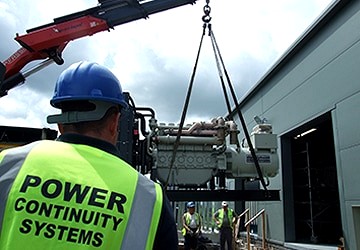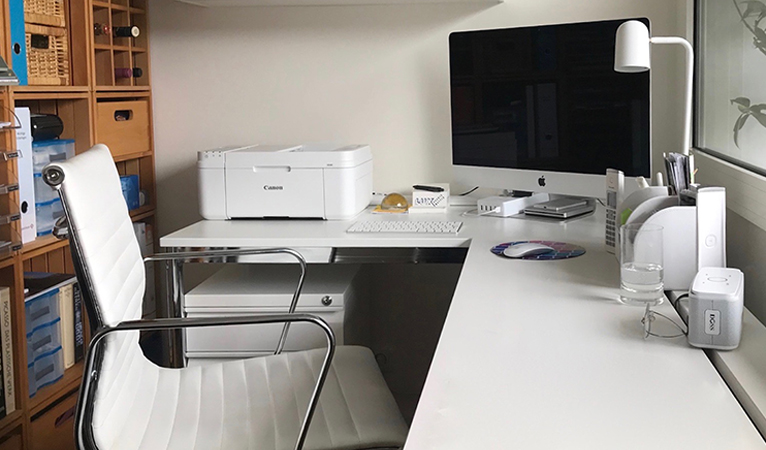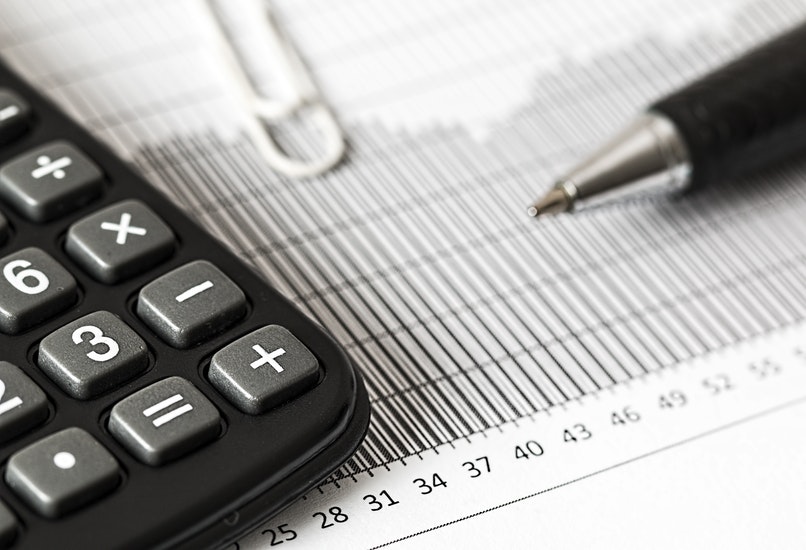Ensuring Uninterrupted Operations: The Importance of Emergency Power Systems Installed

In today's fast-paced world, where businesses operate around the clock and critical infrastructures require constant uptime, the need for reliable emergency power systems has become more crucial than ever. Whether it's a sudden power outage, a natural disaster, or any unforeseen event that disrupts the regular power supply, organizations must have robust emergency power systems installed to ensure uninterrupted operations.
The Importance of Emergency Power Systems
Emergency power systems play a pivotal role in maintaining continuity during unexpected power disruptions. These systems are designed to automatically kick in when the primary power source fails, providing a seamless transition to backup power. This capability is indispensable for various sectors, including healthcare facilities, data centers, manufacturing plants, and emergency services, where downtime can have severe consequences.

Mitigating Risks with Reliable Backup Power
One of the primary benefits of emergency power systems is risk mitigation. Businesses and critical infrastructure facilities face the constant threat of power outages, which can result from a multitude of factors, including severe weather conditions, equipment failure, or even cyberattacks. Installing robust emergency power systems acts as a safety net, reducing the impact of these disruptions on daily operations.
Consider a hospital, for instance, where the uninterrupted power supply is critical for life-saving equipment, lighting, and other essential systems. In the absence of a reliable emergency power system, patients' lives could be at risk during a power outage. Similarly, data centers housing sensitive information and powering online services must have emergency power systems in place to prevent data loss and maintain seamless connectivity.
Types of Emergency Power Systems
Emergency power systems come in various forms to cater to different needs and scenarios. The most common types include generators, uninterruptible power supply (UPS) systems, and backup battery systems.
- Generators: These are a popular choice for providing backup power. Generators are capable of supplying electricity for an extended period, making them suitable for prolonged outages. They can be fueled by diesel, natural gas, or propane, offering flexibility based on the availability of resources.
- Uninterruptible Power Supply (UPS) Systems: UPS systems provide immediate, short-term power during the transition from the main power source to the backup generator. They are essential for preventing data loss and equipment damage that can occur during the brief period before the generator starts running.
- Backup Battery Systems: Battery systems are designed to provide a temporary power supply during short outages or until a generator starts operating. They are ideal for maintaining continuity during the critical seconds between power failure and generator activation.
Key Considerations for Emergency Power Systems Installation
When considering the installation of emergency power systems, several factors should be taken into account to ensure effectiveness and reliability:
- Load Analysis: Conduct a thorough analysis of the power requirements for essential systems and equipment. This helps determine the capacity needed for the emergency power system to adequately support critical functions.
- Redundancy: Incorporate redundancy in the emergency power system design to enhance reliability. This may involve installing multiple generators or UPS units to ensure continued operation even if one component fails.
- Regular Maintenance: Implement a routine maintenance schedule to ensure the emergency power system remains in optimal condition. Regular testing and inspections help identify potential issues before they can impact system performance.
- Training and Protocols: Proper training for staff and the development of emergency protocols are essential components of a comprehensive emergency power plan. Staff members should be familiar with the system's operation and be ready to respond swiftly during an outage.

Conclusion
In an era where dependence on electricity is ubiquitous, the importance of having reliable emergency power systems installed cannot be overstated. These systems act as a lifeline for businesses and critical infrastructures, preventing disruptions and minimizing the risks associated with power outages. As organizations continue to invest in advanced technologies and critical operations become increasingly reliant on continuous power, the role of emergency power systems in ensuring uninterrupted operations will only grow in significance. By prioritizing the installation and maintenance of robust emergency power systems, businesses can fortify their resilience and thrive in the face of unforeseen challenges.
TAGS :
RECOMMENDED FOR YOU
What are the advantages of the best infant car seats?
July 20, 2024









